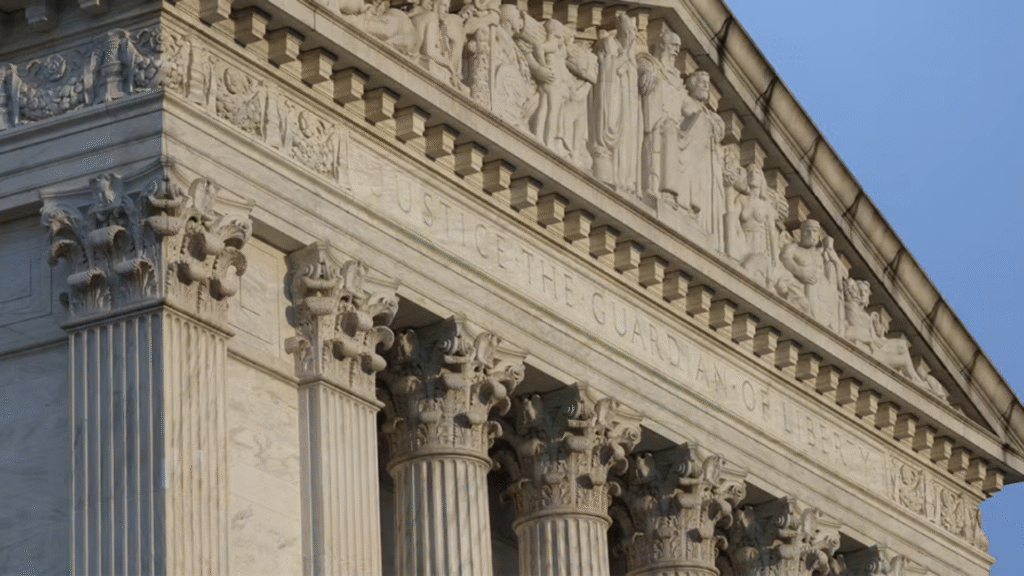
The U.S. Supreme Court allowed Thursday that states can cut off Medicaid funding to Planned Parenthood, dealing a significant blow to the nation’s largest abortion provider.
The 6-3 decision, split along ideological lines, affirms that states have the authority to decide whether taxpayer dollars should go to organizations like Planned Parenthood—even when they claim to provide non-abortion services. The ruling stems from a challenge in South Carolina but could set the stage for similar action across the country.
At the center of the case was whether Medicaid recipients have the legal standing to sue when states exclude certain providers from the program.
In this instance, South Carolina Governor Henry McMaster, a Republican, moved to block state Medicaid funds from flowing to Planned Parenthood in 2018. His decision was challenged by a patient who argued she should be able to choose her own provider under Medicaid law.
Governor McMaster, backed by President Donald Trump and a Republican-controlled Congress, argued that taxpayer dollars should not subsidize any organization affiliated with abortion—even if those dollars are technically earmarked for other services.
His position reflects a broader national effort by Republicans to defund Planned Parenthood, which receives hundreds of millions in taxpayer funding annually despite its primary role in the abortion industry.
While federal law already prohibits the use of Medicaid money for abortion procedures, Planned Parenthood still receives funding for services like contraception, cancer screenings, and STI testing. Critics argue this money helps the organization keep its abortion operations afloat.
Planned Parenthood and its allies claimed that cutting funding would hurt low-income patients who rely on Medicaid. But conservatives point out that there are thousands of community health centers and other clinics nationwide that offer similar services—without performing abortions.
The case’s outcome could have significant consequences nationwide. If states follow South Carolina’s lead, Planned Parenthood could lose tens of millions in taxpayer dollars and potentially close hundreds of facilities—especially in states where abortion remains legal post-Roe.
Left-wing public health groups, like the American Cancer Society, warned the decision could reduce access to care, especially in rural areas. But conservatives argue that the real issue is the federal government forcing taxpayers to support a private organization with a long history of controversial and morally questionable practices.
South Carolina currently sends about $90,000 annually in Medicaid funding to Planned Parenthood—a fraction of its total Medicaid budget. However, the symbolic significance of the decision cannot be overstated. With abortion-on-demand no longer federally protected after the 2022 overturning of Roe v. Wade, red states now have clearer legal footing to cut ties with abortion providers.
Thursday’s decision sends a powerful message: states have every right to decide how and where their Medicaid dollars are spent—and that includes rejecting taxpayer funding for groups like Planned Parenthood.

